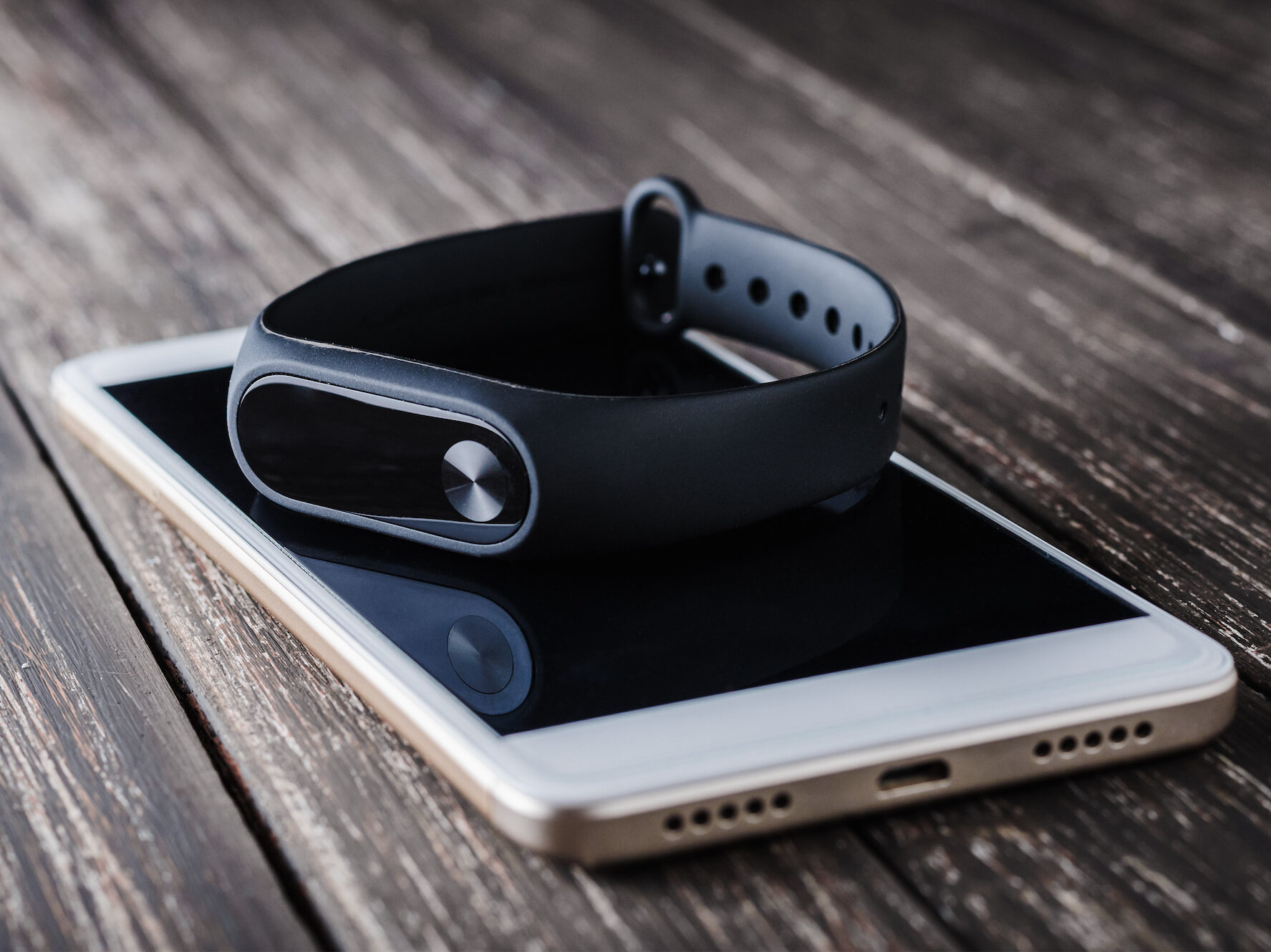
Funded by: Mary Horrigan Connors Center for Women’s Health & Gender Biology
PI: Jessica Lipschitz, PhD
Migraine disproportionately impacts women, and current treatments are not sufficient in mitigating disability. This study seeks to improve understanding of migraine in women by collecting passive sensor data and ecological momentary assessments over 3 months and applying machine learning and clustering techniques to improve prediction of migraine onset and to better individualize treatment.

Funded by: BWH Women’s Brain Initiative
PI: Jessica Lipschitz, PhD
This study involves using technology-based, intensive longitudinal data streams to understand key features of disease trajectory in post-menopausal women with a diagnosis of major depressive disorder (MDD). Participants undergo a comprehensive, in-clinic, baseline assessment of symptoms, treatment history, biomarkers and cognitive function and are then followed remotely for 6-months using a wrist-worn device and monthly phone visits. We plan to build disease trajectory models from technology-based data and validate them against gold-standard clinical and functional data collected during phone visits. Comprehensive baseline study visit data will allow us to characterize disease trajectory subgroups on a wide array of symptom history, biological and functional aspects of depression.

Funded by: Brain and Behavior Research Foundation
PI: Jessica Lipschitz, PhD
Current classifications of bipolar disorder (BD) are insufficiently nuanced and subject to clinician bias and patient self-report complications. We are using objective biobehavioral data on two core clinical features of BD (sleep and motor activity) collected over 6 months and unsupervised machine learning to determine, from an unbiased perspective, new sub-groups based on fine-grained differences in patients’ day-to-day lives both in-episode and between episodes. We will be comprehensively characterizing these subgroups based on subjective (i.e., clinical interview) and objective (i.e., biomarkers and cognitive performance) data collected at baseline and 6 months.

Funded by: National Institute of Mental Health
PI: Jessica Lipschitz, PhD
Mobile app mental health interventions are accessible and effective when used at the recommended dose; but when implemented in routine care, patients do not stay engaged long enough to see clinical benefits. This research evaluates what drives patient engagement and tests the impact of two strategies—automated motivational push messaging and coach support—to improve engagement with an evidence-based mobile app intervention for depression and/or anxiety. Findings will lay the foundation for a program of research focused on optimizing mobile app interventions for engagement and effectiveness.